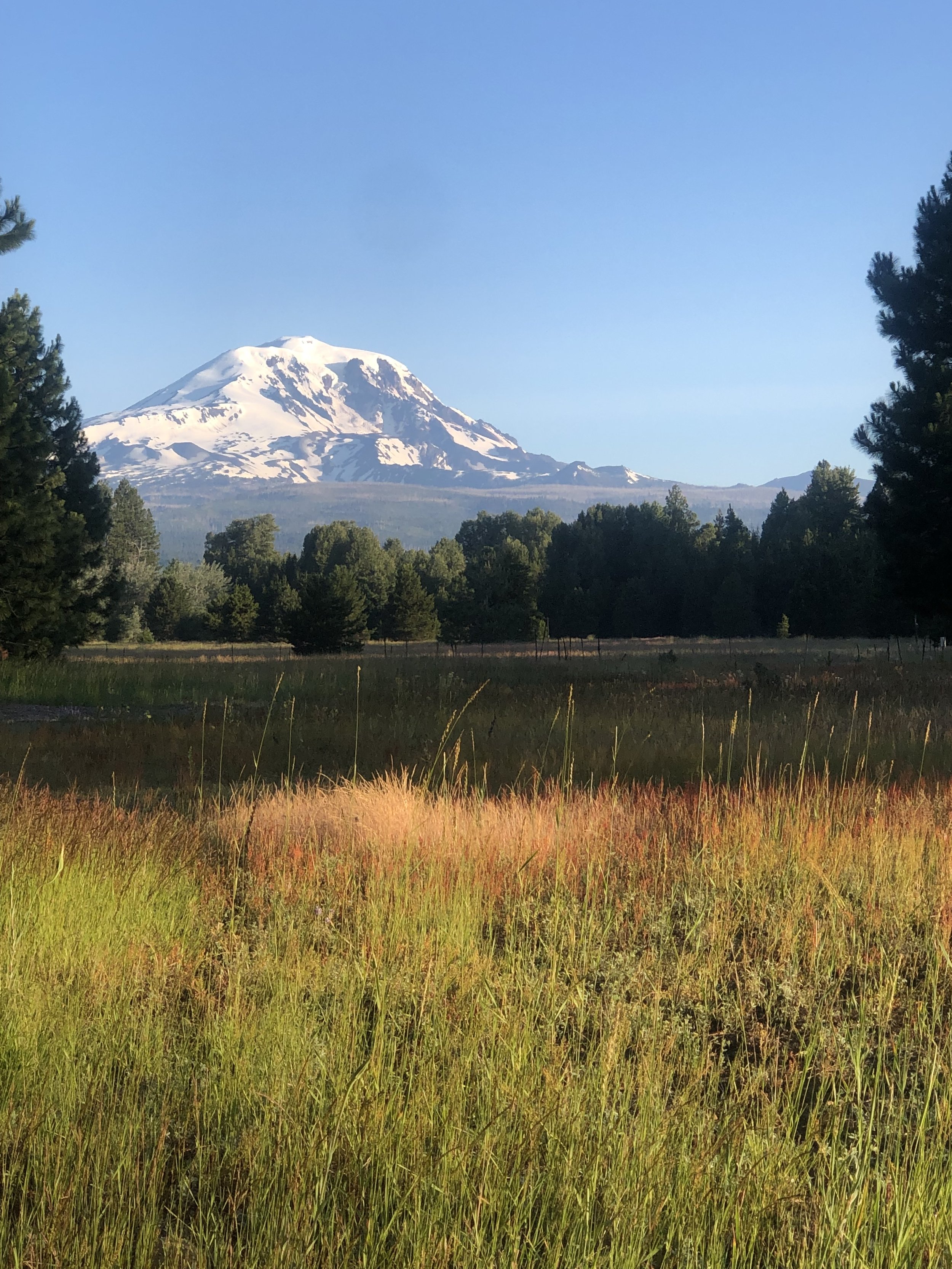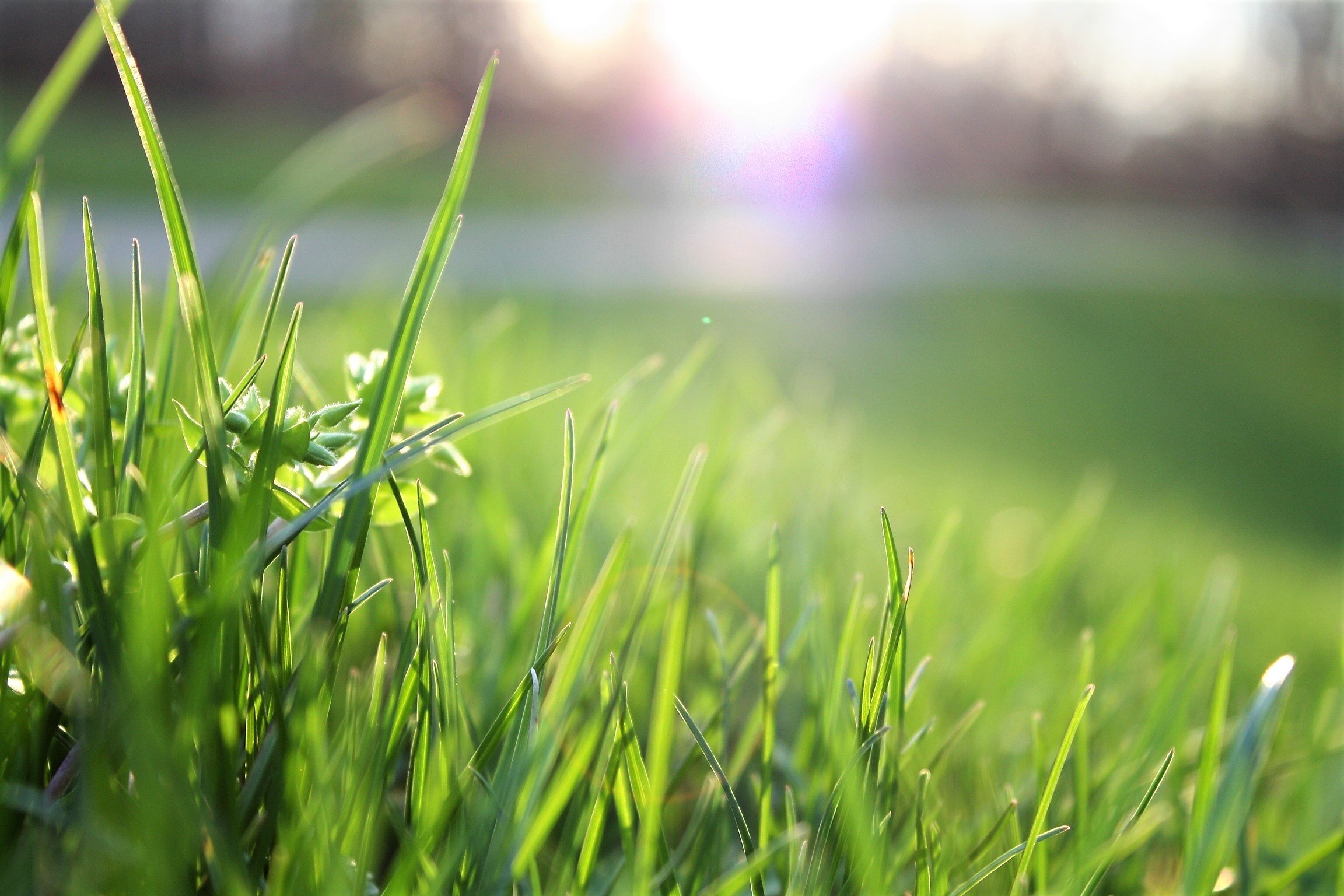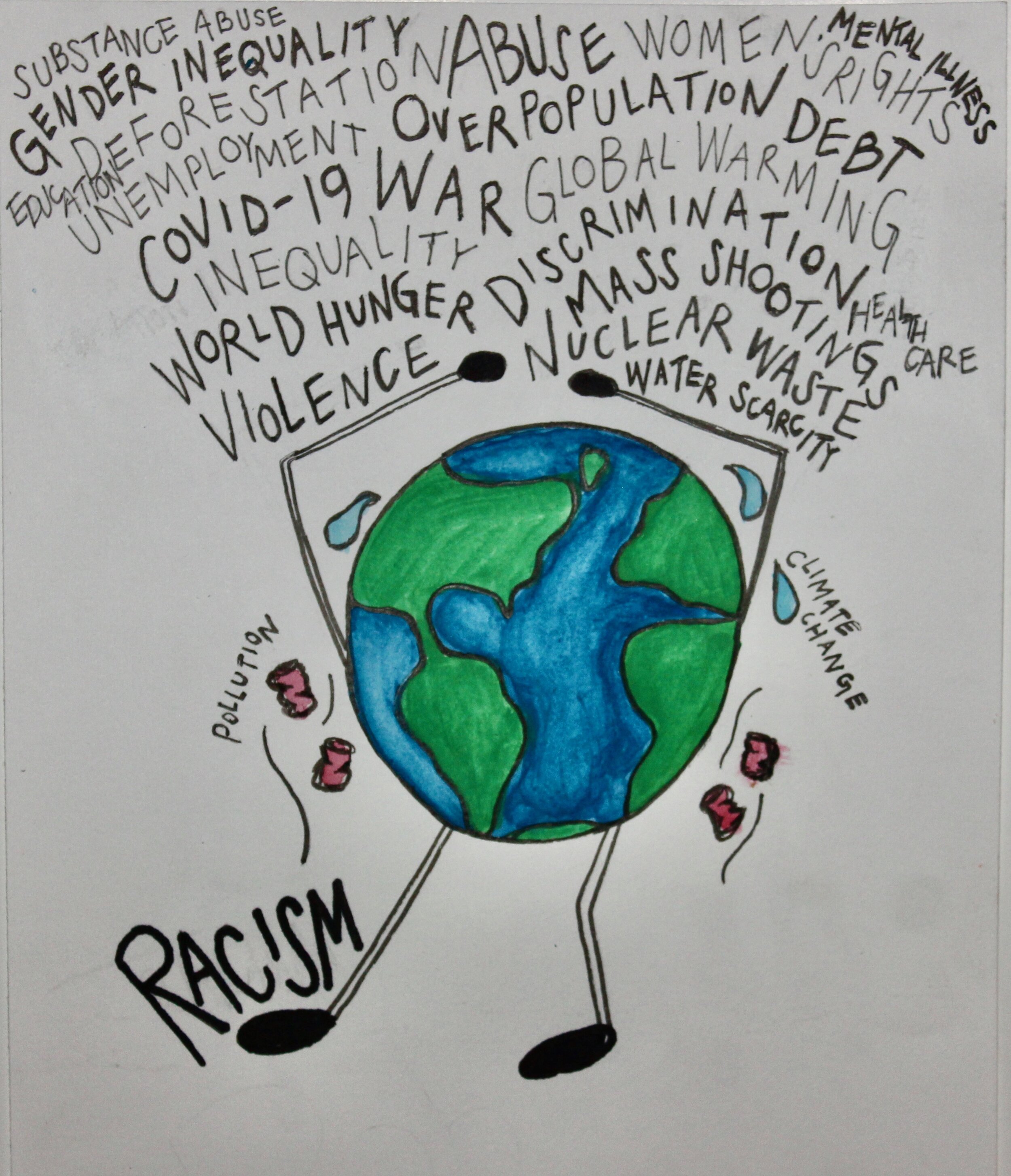I don’t write about politics, and I’m not about to start.
Except to say this…
We the people have got to get our act together.
I live in a small rural town, and I’ve come to see political yard signs as one more way to divide us rather than inspire us to become curious about our neighbor’s perspective. If I actually did put one up for this upcoming election, I suspect mine would be in the minority of those displayed in the beautiful valley that I share with my goodhearted, and like me, patriotic neighbors. Rather than sparking curiosity, I worry that it would only further fan the flames of division that are threatening the country that we the people all love.
The truth is, it has become scary as hell to bring up anything political (with anyone other than those who “agree” with us). With family who lean in a different direction than we do. With friends who cast their sacred votes differently than we do for reasons that make good sense to them just as ours do to us. With our neighbors who identify with a different political party than we do. With colleagues upon whom we depend for a job well done, but don’t dare broach certain subjects around the metaphorical water cooler. With the stranger in line at the grocery store who, nevertheless, is a fellow citizen of this country that we the people all love.
But if we the people are going to get our act together, then it’s time that we the people put on our big boy/girl/however-you-identify pants, and start talking with each other. But because it’s scary, because it feels like a bridge too far, we don’t do it.
But what if we did, and where could we start?
How about with one simple question…
How are you feeling about this election?
It’s a question that doesn’t demand to know what party we identify with.
How are you feeling about this election?
It’s a question that doesn’t demand to know who we are going to vote for and why.
How are you feeling about this election?
It’s a question that doesn’t demand to know who we blame for the mess we’re in, or to whom we attribute the progress we have or haven’t made.
How are you feeling about this election?
It’s a question that invites us to get out of our ideological heads and into our human hearts. It’s a question to which there is no wrong answer, just my answer, your answer, their answer, all of which are true, and many of which I suspect are the same, even if for different reasons.
Almost all fruitful endeavors, conversations, inventions, solutions, and relationships begin with and are sustained by good questions. Which, when asked and received with a sense of curiosity and grace, can lead to the next question. And the next and the next, and the next, until before we know it, we’ve found ourselves on some common ground, even if only a sliver. And a sliver is a place to start.
For any of us who watched one of the conventions, we were challenged to stop complaining and “do something”. If we the people are going to get our act together, maybe it starts with each of us doing something that connects us rather than divides us. Like talking with each other.
So, how are you feeling about this election?
I’m so terrified that you asked, but here goes.
I’m feeling hopeful, optimistic, scared, and yes, joyful.
Hmm. Tell me more about that. and why you’re feeling that way.
I’m a little less scared and a tiny bit more glad that you asked.
I’m hopeful that it will lead us forward. That it might pave the way for us to address the very real challenges that we the people face, and that our children and grandchildren will face after we’re gone.
I’m optimistic that it will embolden anyone who feels that their party has been stolen from them to take ownership of it again, because everyone is needed for we the people to get our collective act together.
I’m scared that too many of us will choose party over country, vote against someone rather than for something, do nothing out of despair that their vote doesn’t matter or in protest against an imperfect system, rather than exercising their right to vote in order to perfect our union just a little bit more.
And, yes, I’m feeling joyful that we might actually have a chance to bring a lot of us, from both sides of the aisle, a bit closer together, which is where the shit we all care about actually gets done.
So, how are you feeling about this election?










